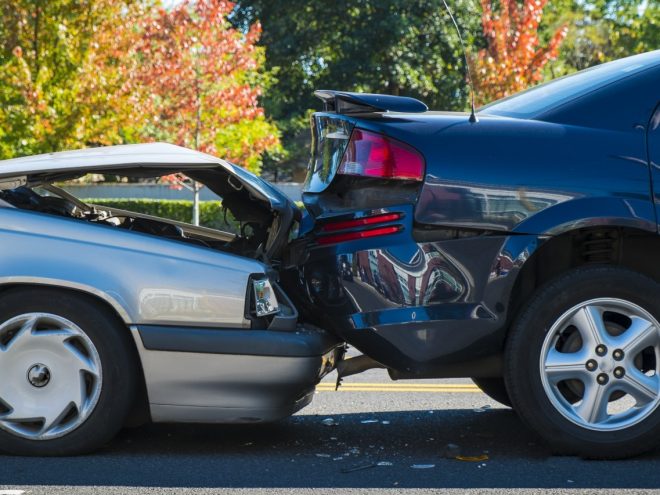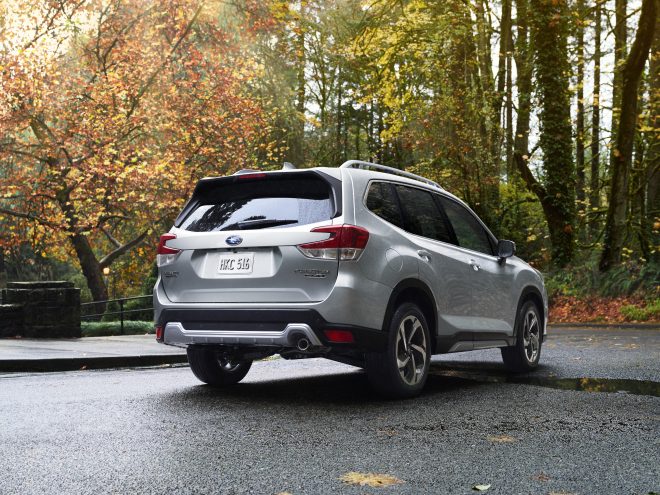
Do I Pay a Deductible If Not at Fault?
The deductible is the financial amount that must be paid by the insured in the event of an accident. What is the auto insurance deductible? That is that amount that the insurer will not compensate. For auto insurance, the deductible works as a division of risk between the insured and the insurer and is basically the part that is under your responsibility to pay in the event of an accident. This concept has several details discussed in this article.
The deductible in auto insurance
The deductible in your auto insurance is part of the monetary liability that you have as an insured in the event of an accident or event, whether or not it is under your control or whether you are at fault or not. It exists in order to distribute the risk between the insurer and the insured, so, although you pay the insurance premium, you must also take care of the value of the deductible, but you will only do it in case of an accident. The insurer indicates that they will protect your car, but you must participate with them in the risk. And it is logical that here you may want to ask yourselves: if I pay a premium, why should I be concerned about the damages associated with the accident where my car was involved? In other words, “do I pay a deductible if not at fault“?
When should the deductible be paid?
The deductible must be paid in almost all claims, but the percentage varies depending on its nature. Before taking out your insurance, you should check this to choose the one that suits you best.
The collection of the deductible must be paid by the person responsible for the accident (provided that he has insurance) and how the deductible of auto insurance is paid is the collection is taken care of by the other driver’s insurer, who will contact the person responsible for the accident so that he can be legally responsible for the damages caused and negotiate the conditions.
At Fault
Your vehicle’s insurance company requires you to pay a deductible for damages to your car if the accident was your fault. A police officer advises about the accident, determines who was at fault, and issues a subpoena to the at-fault party. Unless you have driven dangerously or major factors have been brought into play, the driver who hit you from behind is usually responsible for the damage of the accident.
No-fault
Road conditions due to bad weather, road obstacles, animals, and other hazards can cause a driver to hit you from behind, and a traffic officer will likely determine that none are at fault for the accident. You must pay the deductible on your insurance policy to cover damage to your car. The other driver’s insurance covers damage to your vehicle.
Claiming damages
An important issue is that if several different events happen that affect the integrity of your car, you cannot claim these damages as if they were a single event. For example, if you park your car in one place and a branch of a tree falls on top of it and makes a dent, and the next day you crash the car in another place, these are two different events in which two deductibles would apply, not just one. You must cover the cost of the dent repair and cover the initial expenses of the accident separately. The insurer will take care of the rest in both cases if the damages exceed the value of each deductible.
Conclusion
The advantage of no-fault insurance is that, regardless of who is at fault for a traffic accident, responsibility for expenses lies with each person’s personal insurance. This allows claims to move quickly and those who suffer injuries to get their expenses covered more quickly. Contact a personal injury attorney to learn more about who pays the deductible after a car accident.









